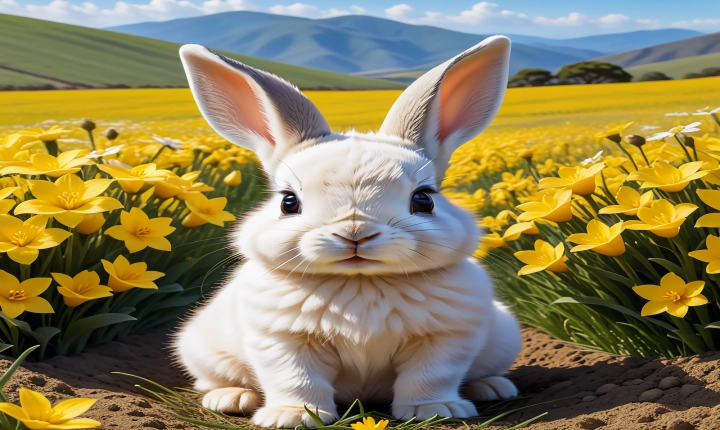Is AI-Generated Content Copyrightable?
The use of artificial intelligence (AI) to generate content has rapidly increased in recent years, raising questions about the copyright status of such content. From articles and artwork to music and even computer code, AI is capable of creating a wide variety of works that were traditionally considered to be the product of human creativity. This has led to debates about whether AI-generated content is copyrightable, and if so, who owns the copyright.
Defining AI-Generated Content
AI-generated content is created using algorithms and machine learning techniques that enable a computer program to produce original works without direct human intervention. This can involve generating text, images, music, or other forms of creative expression based on large datasets and predefined rules. The output can be virtually indistinguishable from human-created content, blurring the line between what is considered the product of human creativity and what is produced by a machine.
Copyright and Originality
One of the fundamental principles of copyright law is that a work must be original to be eligible for copyright protection. Historically, originality has been closely associated with human authorship, requiring a work to reflect the author’s individual creativity and intellectual effort. However, as AI becomes increasingly sophisticated, it can produce content that meets the criteria of originality by creating new and unique expressions that were not directly copied from existing works.
Ownership of AI-Generated Content
The question of who owns the copyright to AI-generated content is a complex and contentious issue. In many jurisdictions, copyright law attributes the ownership of a work to its creator, typically the human author who made a substantial creative contribution. However, in the case of AI-generated content, there is no clear-cut human author behind the creation of the work, leading to uncertainty about who should be considered the rightful owner of the copyright.
Legal and Ethical Considerations
The emergence of AI-generated content has prompted legal and ethical discussions about the appropriate treatment of such works under copyright law. Some argue that AI-generated content should be eligible for copyright protection, as it meets the criteria of originality and requires significant technical and creative input to develop the underlying algorithms. Others believe that granting copyright to AI-generated works could pose challenges to the public domain and undermine the traditional understanding of copyright as a reward for human creativity.
Future Implications
As the use of AI in content generation continues to evolve, lawmakers, scholars, and the creative industry face the challenge of adapting copyright laws to address the unique nature of AI-generated content. Balancing the need to incentivize innovation and protect the rights of human creators with the realities of technological advancement will be crucial in shaping the legal framework surrounding AI-generated works.
In conclusion, the question of whether AI-generated content is copyrightable remains a topic of ongoing debate and legal development. As AI continues to push the boundaries of creativity and originality, the copyright implications of these advancements will require careful consideration to ensure a balanced and equitable approach to protecting intellectual property in the digital age.
